Why EVs Aren't a Climate Change Panacea
Cars That Think
JANUARY 28, 2023
“Electric cars will not save the climate. This is not to imply in any way that electric vehicles are worthless. to hit the 90 percent EV target, sales of all new ICE vehicles across the U.S. In states (or countries ) with a high proportion of coal-generated electricity, the miles needed to break-even climb more.




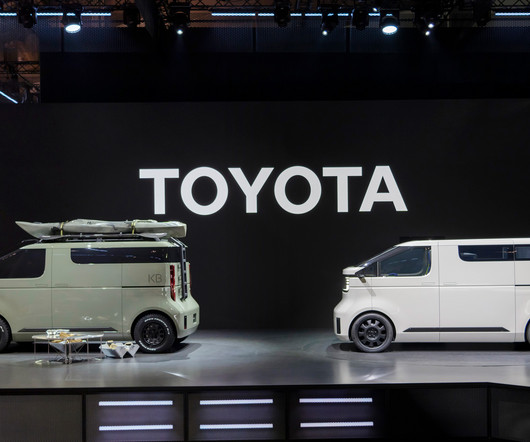





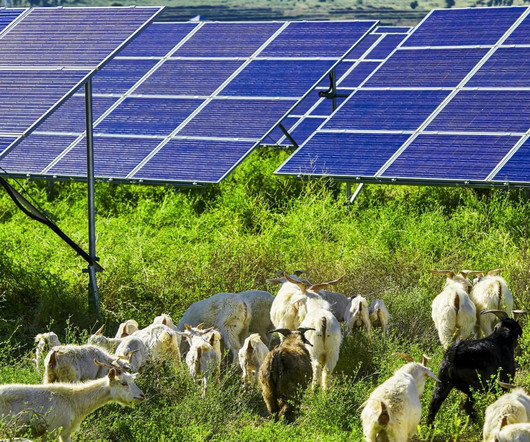


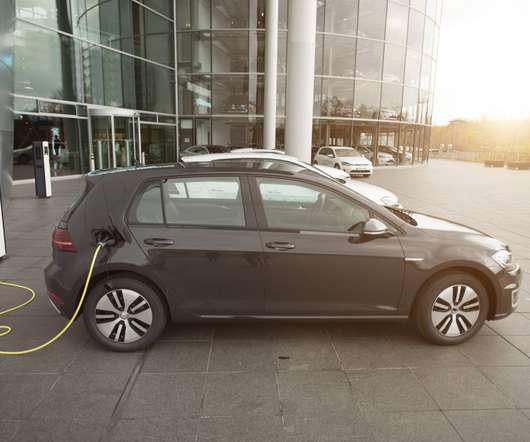
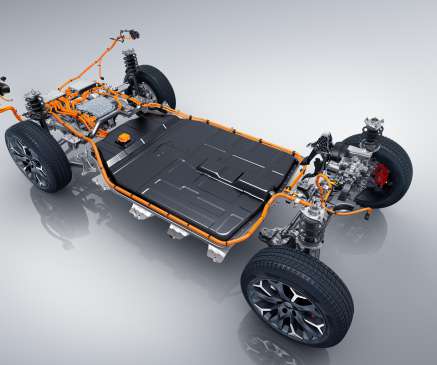












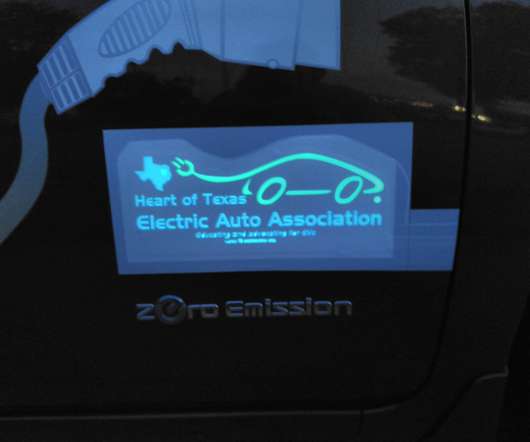











Let's personalize your content